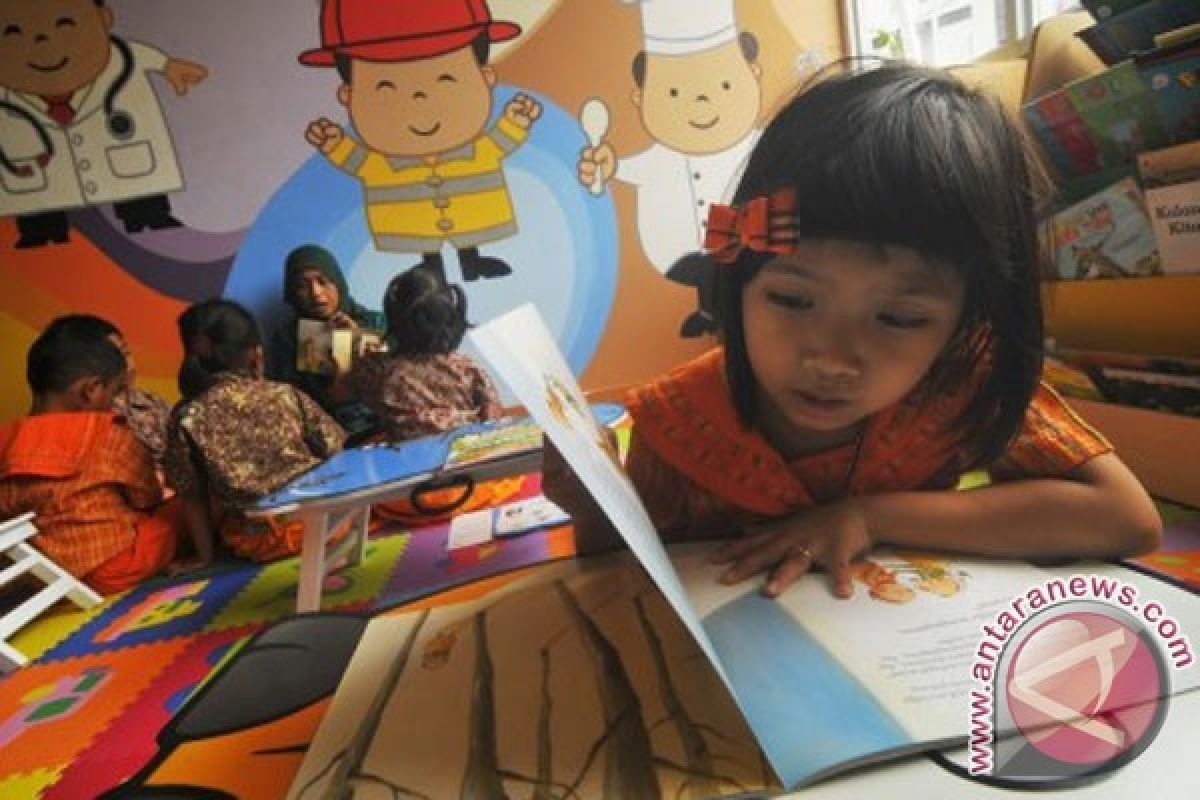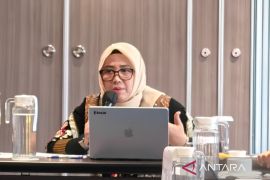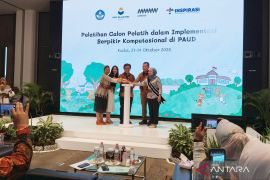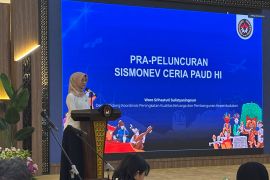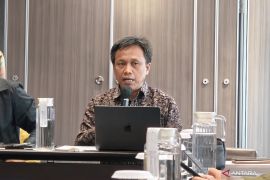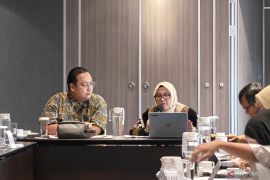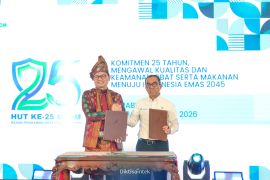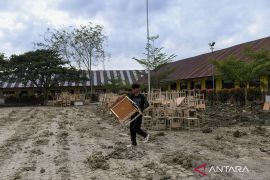He made the remarks at an event on Thursday to launch the PAUD holistic and integrated policy.
Mu'ti explained that both formal and non-formal early childhood education facilities, such as playgroups and childcare, have been proven to benefit students' intellectual development.
"Many studies show that learning experiences in PAUD, both formal and non-formal, or playgroups and childcare, play a role in fostering children's mental, intellectual, and social abilities and resilience at the next level of education," he said.
Therefore, his ministry is currently preparing to implement the 13-year mandatory education policy.
Under the policy, the government will require children to receive education at the PAUD level first before getting elementary education.
Mu'ti urged all families with toddlers to prepare to provide their children with a good educational foundation.
In some studies, he said, parenting patterns have been shown to play an important role in the development of children's educational foundation, whether in science or technology, and character.
"Parenting patterns are a very important part because it is not uncommon that, due to pragmatic reasons and lack of knowledge, parents give their children games that are not suitable as a means of learning," he said.
In addition, he emphasized the need for multi-stakeholder collaboration for the development of quality education from an early age.
Related news: Indonesian govt targets to develop preschools in every village
Related news: Indonesian official calls for paradigm shift in early education
Translator: Hana K, Kenzu
Editor: Anton Santoso
Copyright © ANTARA 2024
